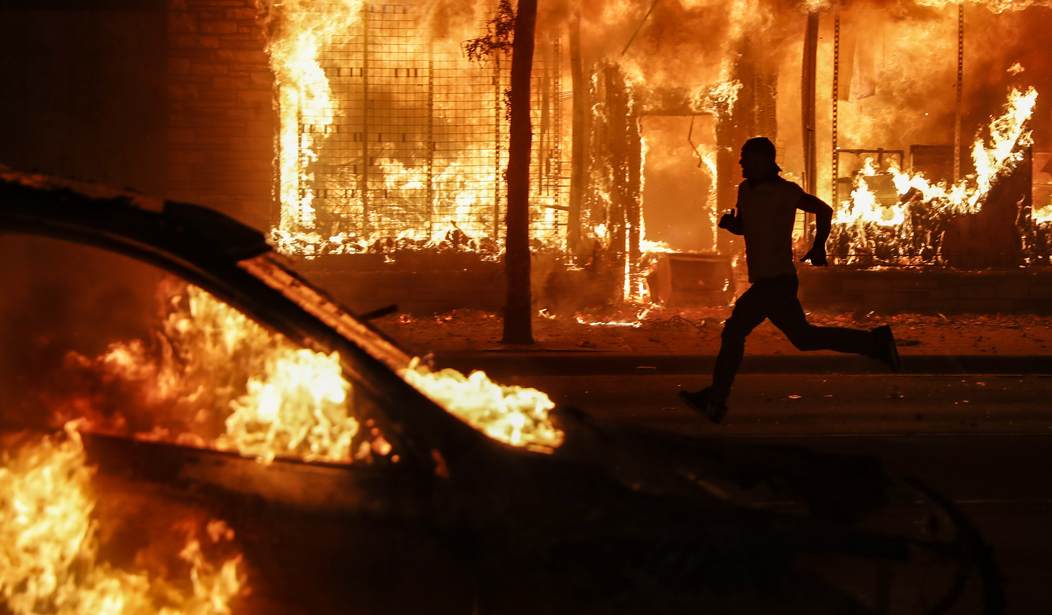It took only one day for Twitter to announce new rules for the platform regarding posting images and video after founder and CEO Jack Dorsey resigned on Monday.
Updating its privacy policy, Twitter stated, "We will not allow the sharing of private media, such as images or videos of private individuals without their consent. Publishing people's private info is also prohibited under the policy, as is threatening or incentivizing others to do so."
Beginning today, we will not allow the sharing of private media, such as images or videos of private individuals without their consent. Publishing people's private info is also prohibited under the policy, as is threatening or incentivizing others to do so.https://t.co/7EXvXdwegG
— Twitter Safety (@TwitterSafety) November 30, 2021
The tweet announcing the update was up for a few hours, sparking a lot of backlash before the social media giant tried to do damage control, claiming it is meant to protect "women, activists, dissidents, and members of minority communities."
Images/videos that show people participating in public events (like large scale protests, sporting events, etc.) would generally not violate this policy.
— Twitter Safety (@TwitterSafety) November 30, 2021
For more on what is NOT in violation, read the full policy here:https://t.co/plPa5TgEnM
So what does this exactly mean when it comes to covering people gathered in public spaces during, let's say, a riot? Well, the rule change is not really clear. And that is what makes it so concerning.
Time and again, whenever I covered a Black Lives Matter or Antifa riot, people online would tell me to delete the video or photo to prevent their comrades from being identified by law enforcement, even as there are other cameras recording the people in question brazenly committing crimes out in the open. Using Twitter during last year's riots was key to my job here at Townhall. It's a tool that is effective in getting out accurate information in a chaotic situation in real-time.
Recommended
Even Twitter's assurances of postings related to the news are anything but:
We will take into consideration whether the image is publicly available and/or is being covered by journalists—or if a particular image and the accompanying Tweet text adds value to the public discourse—is being shared in public interest or is relevant to the community.
— Twitter Safety (@TwitterSafety) November 30, 2021
From the outside, it looks like Twitter will be the sole arbiter determining who is a journalist and if what they're covering violates this vague rule. That is disturbing considering Twitter's history of censoring posts that made Democrats look bad, i.e., the New York Post story about Hunter Biden's laptop.
This rule change is a gift to rioters. If they are rioting on behalf of the "right cause," they can manipulate Twitter to hide their destructive acts. Groups like Antifa will use any excuse to try to hide their cowardly acts, such as attacking small businesses whose only crime is being in their path. I don't know how this will affect future protest and riot coverage, but I will continue to use the platform for as long as I'm able to because that is what Townhall readers deserve.

























